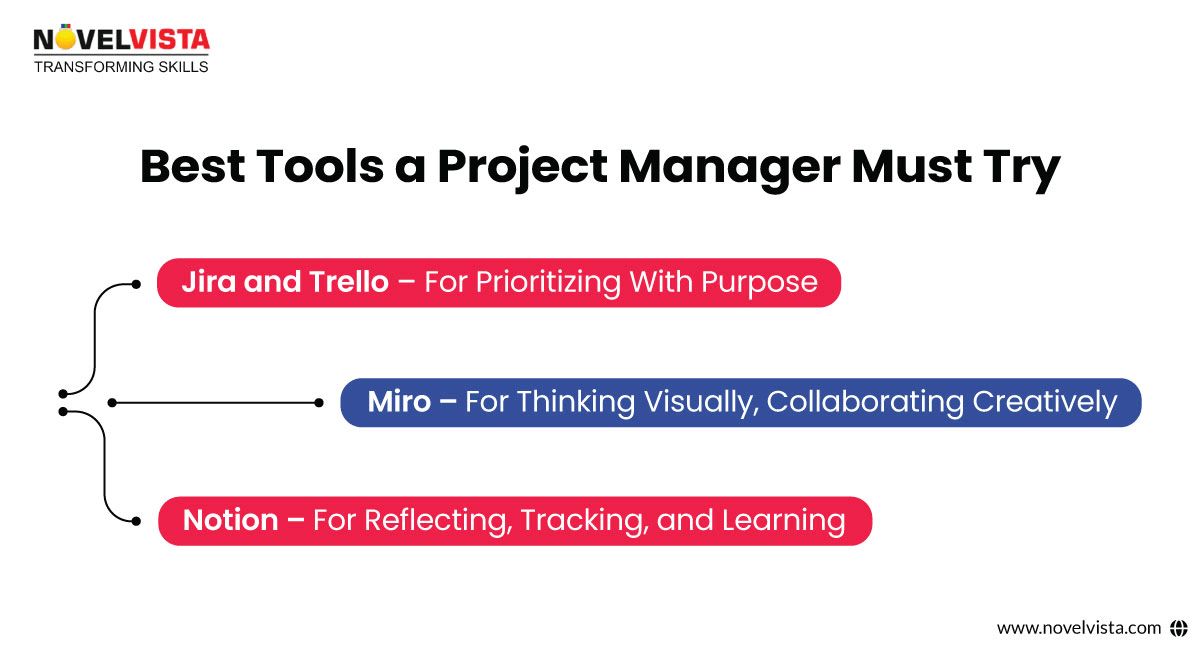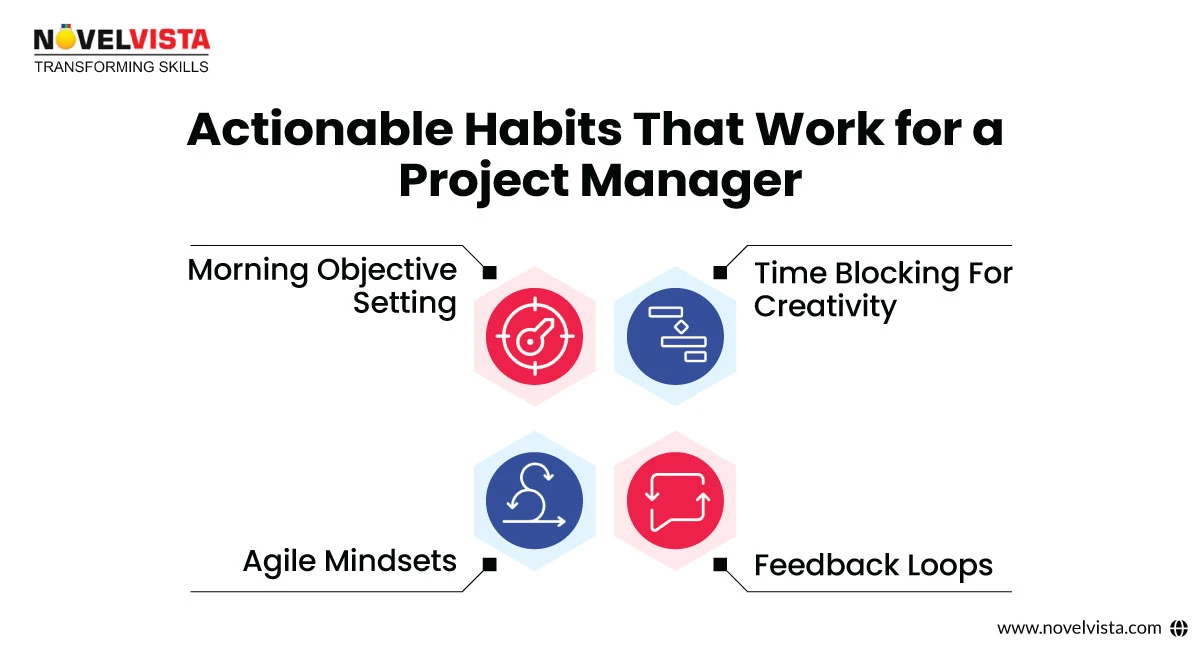Something interesting began to happen after I stood in front of the mirror, asking myself those brutally honest questions about my project leadership style. It wasn't dramatic—there was no movie-like moment of revelation—but it was steady, deep, and personal. I started paying closer attention not just to what I was doing but also to how I was growing. This is where the real transformation started.
This article is not just about faster resolutions or overhyped hacks. It’s about small changes that turned into impactful change. So here’s how I built my path of becoming not just a better Project Manager, but a stronger, more original version of myself.
Some years back, through this "Self-Mirror Analysis" exercise. I have realized that I am an "over-talkative" person. Being a Project Leader of various strategic projects, I had a habit of telling everyone how it would be. By harnessing this habit of mine, I found that my communication became focused, which means everyone better understood my version. The project team felt that they were being listened to and engaged with projects. Due to the change I bought within me by just doing the "Self-Mirror Analysis," the project team started coming up with ideas that are not bad.
I wish I could tell you there’s a formula for transformation. But it’s more complicated than that. For me, it was a twisting path of reflection, small wins, failures, and the periodic "what-was-I-thinking" moment.
Personal growth as a Project Manager meant releasing outdated habits. Like assuming silence in meetings meant agreement. Or thinking I had to solve everything on my own. I began to challenge my own default reactions and invited feedback, especially the uncomfortable kind.
I also started reading up on leadership development and applying those lessons to real scenarios. Instead of blaming the system or the people, I began asking, "What can I do differently next time?"
I used to think that project management skills were all about Gantt charts, timelines, and stakeholder meetings. Don’t get me wrong—they're important. But I realized that above those technical capabilities resides a deeper layer: the mindset and the human connection.
The real table turner for me was when I began to develop softer skills intentionally: emotional intelligence, active listening, empathy, and confidence in delegation. The foundation for these came from reading, reflecting, and experimenting in real-life project situations. I didn't try to master them overnight. I focused on one area every month. Some months were focused on conflict resolution, some on stakeholder engagement, and some on effective communication in projects.
The more I invested in skills through the PMP Certification Training Course, the more I realized how essential they were for leading complex team dynamics and managing client expectations effectively.
I had a mindset that the admin side of a Project Management work is just a sheer pain, a chore, and thus I had fallen into the trap of making mental notes. Through the "Self-Mirror Analysis," I realized the difference between good and great PMs. Initial days of my career, I am always impressed by PMs who can promptly answer a question, update the status of a Project, and share the right data as if these are part of their DNA. Till I did the "Self-Mirror Analysis," I was always thinking that writing notes and using PM software to store the information are a sheer waste of time. However, after the analysis, my client started to see the difference easily; by the way, I started representing the data because I realized that answering the questions promptly, providing the status update, and sharing the right data is not in anyone's DNA. Still, we will have to inject that into our DNA. Thus, my client started to see the difference, and they started to banking on my Project data as critical data/ information.
From Planning to execution, from celebrating victories to laying blame, I established myself as an autonomous PM, treating my team as "Gofers." I had developed a culture of blame. Usually, when things went wrong, the gofer would be hauled, and "what went wrong" would be analyzed. It was all done with the best intention, but it was affecting the team's morale. After I did the "Self-Mirror Analysis," it changed drastically because I start giving importance to the team rather than thinking of myself as King and others as kinsmen. Things changed, and a collective responsibility emerged within the team, and suddenly everyone had everyone else's back.
The culture wasn't that great before, and it was one of the things that I always complain to my wife over dinner. I realized that I could design and deliver a great culture, but not sure where things are going wrong. So, after I did the "Self-Mirror Analysis," I realized that the commoditization of IT means one can build a project piece by piece based on specific needs, so equally, a great culture is built bit by bit. As part of my analysis, I immediately replaced the long, dull meetings with quick catch-ups, interesting, engaging discussion, injected humour into the process, chats, emails wherever possible, and replaced the phone conversations with actual face-to-face wherever possible. Finally, it had become a natural environment ready to produce successful outcomes.
Let’s talk tools—because all the mindset in the world won’t help if you're buried under manual chaos. I started combining tools not just to manage projects, but to manage myself.

One thing I always tell aspiring PMs is this: Don’t just learn the tools—use them to build clarity, not clutter. And while we’re at it, always stay curious. Explore frameworks like PRINCE2® Foundation or visual aids like the PRINCE2 Processes Model Diagram to reinforce your structure.
The more tech-aware you are, the more confident you'll be to drive decisions with data, not just awareness.
Here are a few strategies I tried, tested, and stuck with:

If you’re serious about transformation, start applying just one strategy. When it sticks, add another. That’s how real change builds.
Start your transformation journey with Project Management Certification
If there’s one thing I learned through all of this, it’s that transformation is a choice—one you can make any day. Maybe even today. Start with a question, challenge your habits, and keep moving.
The truth is, becoming a project manager doesn't mean people will trust you. But when people trust you, you can become a great project manager. Seek knowledge, seek feedback, and if you need help with sharpening your skillset, organizations like NovelVista offer incredible resources. Their modules are structured to support both foundational and advanced career growth.
And while you’re browsing, take a peek at the DevOps Engineer Skills article—they overlap more with modern PM roles than you might expect.
Growth doesn’t come in lightning bolts. It comes in ripples—ripples you start by standing in front of your mirror and deciding to lead differently. You already have what it takes. Now, go lead the kind of project that only you can.